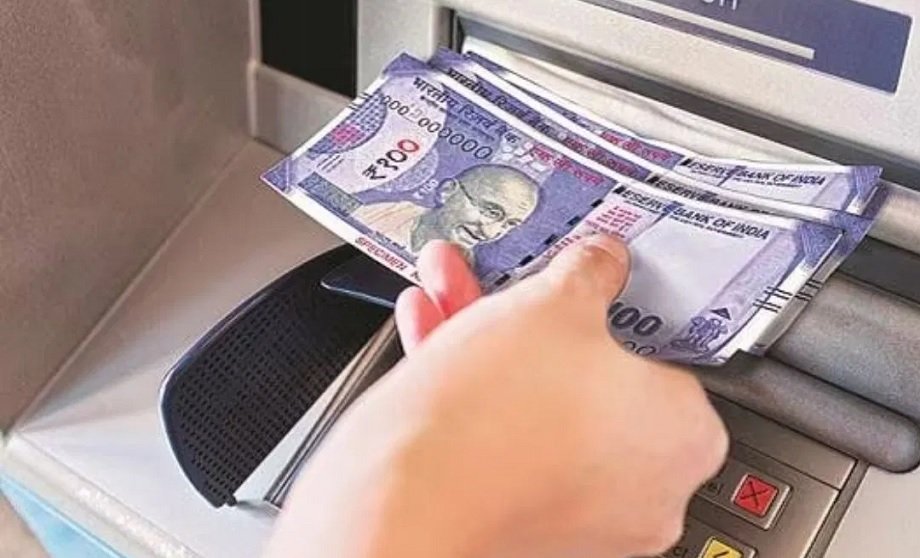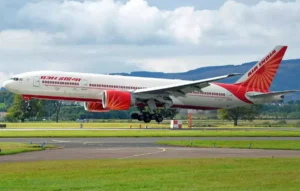RBI Increases ATM Withdrawal Fees: Customers to Pay More from May 1

The Reserve Bank of India (RBI) has announced an increase in ATM withdrawal fees, which will take effect from May 1. As per the latest notification, customers will now have to pay an additional Rs 2 for every transaction exceeding the monthly free transaction limit.
Higher Charges for Exceeding Free Transactions
Currently, banks charge Rs 21 for transactions beyond the free limit. With the new changes, this charge will increase to Rs 23 per transaction. Additionally, the RBI has raised the ATM interchange fee by Rs 2, meaning customers will now have to pay Rs 19 instead of Rs 17 per transaction as an interchange charge.
For non-financial transactions, such as balance inquiries, the charges have also been revised. The fee for checking account balances has increased from Rs 6 to Rs 7 per inquiry.
Limits on Free Transactions
Customers are allowed a limited number of free ATM transactions per month, depending on their location. In metro cities, users are permitted five free transactions, while in non-metro areas, only three free transactions are allowed. Once the free transaction limit is exceeded, customers will be subject to the revised charges.
Understanding the ATM Interchange Fee
An ATM interchange fee is a charge that one bank pays to another bank for providing ATM services to its customers. This fee is applied to every transaction and is often passed on to customers as part of banking costs.
RBI’s Decision Influenced by ATM Operators
The decision to revise ATM charges was taken after requests from white-label ATM operators, who cited rising operational costs as a significant concern. The increased fees aim to help ATM operators manage expenses and maintain ATM networks across the country. Smaller banks, which rely on larger financial institutions for ATM services, are expected to feel the impact more significantly.
Digital Payments Affect ATM Services
The growth of digital payment methods, such as online wallets and Unified Payments Interface (UPI) transactions, has reduced the demand for cash withdrawals. Government data highlights this shift, revealing that digital payments worth Rs 952 lakh crore were recorded in FY14. By FY23, this figure had surged to Rs 3,658 lakh crore, showcasing the increasing preference for cashless transactions.
The revised ATM withdrawal fees will be applicable nationwide, affecting all bank customers. While this move supports ATM operators, it is likely to increase banking costs for customers who frequently use cash withdrawal services.





